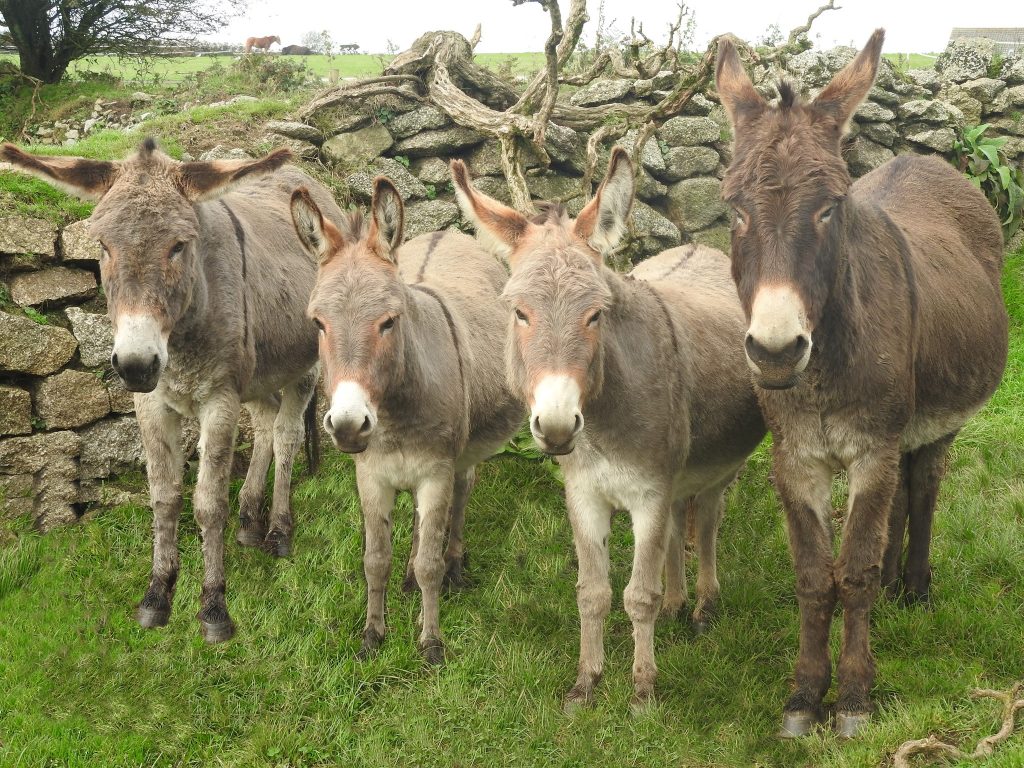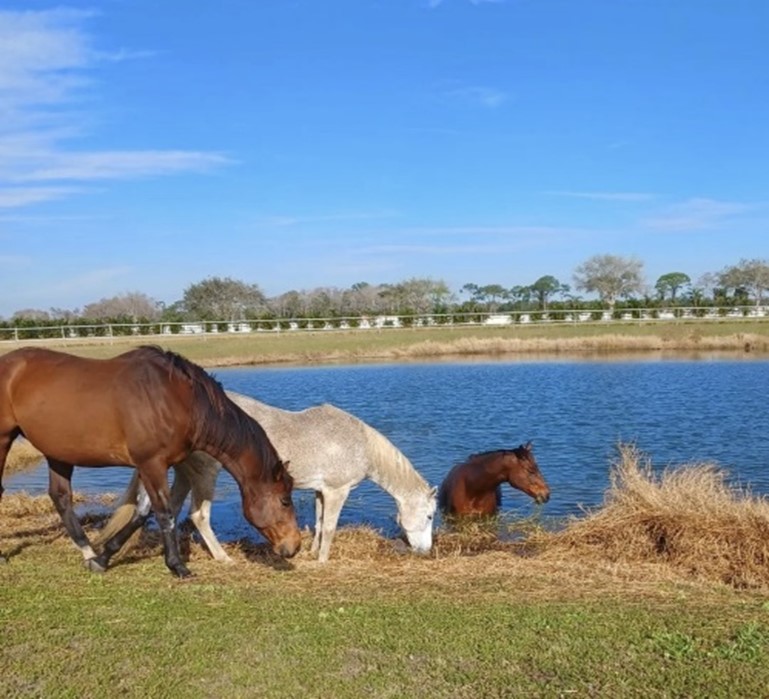
Not all Sanctuaries are Created Equal
Any facility can call itself a “sanctuary.” GFAS was formed initially to distinguish those providing proper care to all individual animals at their facilities from those that are geared toward commercial gain. There is a huge need for this, as there is no regulation on the use of “sanctuary” and “rescue” — any roadside zoo, backyard breeder or hoarding situation can use those terms in their name.
Exploitation at these pseudo-sanctuaries knows no bounds. The facility may be breeding animals, it may be allowing the public to pay for photos of themselves with tiger cubs, it may be selling animals, it may be housing the animals in subpar facilities, but it can still call itself a sanctuary. GFAS does not consider such places legitimate sanctuaries, nor should any donor.
- In the U.S., state laws regarding the keeping of wildlife vary greatly, with some states having no laws —download the informative map of such laws created by Born Free USA. We can’t count on government regulations, as a USDA permit is not required for every facility with non-native wildlife. A growing number of states are actually relying on GFAS accreditation as a means to support their permitting processes.
Sometimes it is obvious
- A facility is posting photos of the public petting ANY wild animals or offers tourists an option to have a photograph taken with wild animals. Legitimate sanctuaries don’t allow this.
- A facility allows breeding. A legitimate sanctuary doesn’t breed, unless it is carrying out a bona fide breeding program for endangered or threatened species, with the offspring actually being released into the wild as part of a monitored, legal and sanctioned program.
- A facility that has inadequate housing conditions and limited access to food and water. All animals should have enough space to carry out natural behaviors — including walking/flying/swimming, socializing, eating and drinking.
- A facility that offers open admission, unguided tours without any education messaging or programs that remove animals from the protection of their enclosures.
Yet, it is not always easy to spot
- GFAS takes an in-depth examination to determine which sanctuaries
- Are solvent
- Own the sanctuary property or have a long-term lease and contingency plan for what would happen if they have to vacate the property
- Have reasonable financial reserves
- Have written policies and protocols and adequate veterinary care, all designed to ensure humane care and treatment of the animals
- Have a disaster plan
- Have adequate insurance
- Have a safe and secure facility
- Have a knowledgeable Board which carries out its
responsibilities with due diligence - Have solid human resource policies
- These items and more are vital for facilities that care for animals, because if such a facility fails, the animals are the ones who pay the price, with slowly deteriorating care, possible transport to another facility (again), and certainly possible death.
When in doubt
GFAS has done the hard work for you. Check to see which organizations are GFAS Accredited or Verified.
If an organization you know is a true sanctuary and is not GFAS Accredited or Verified, ask why not, and urge them to apply!







